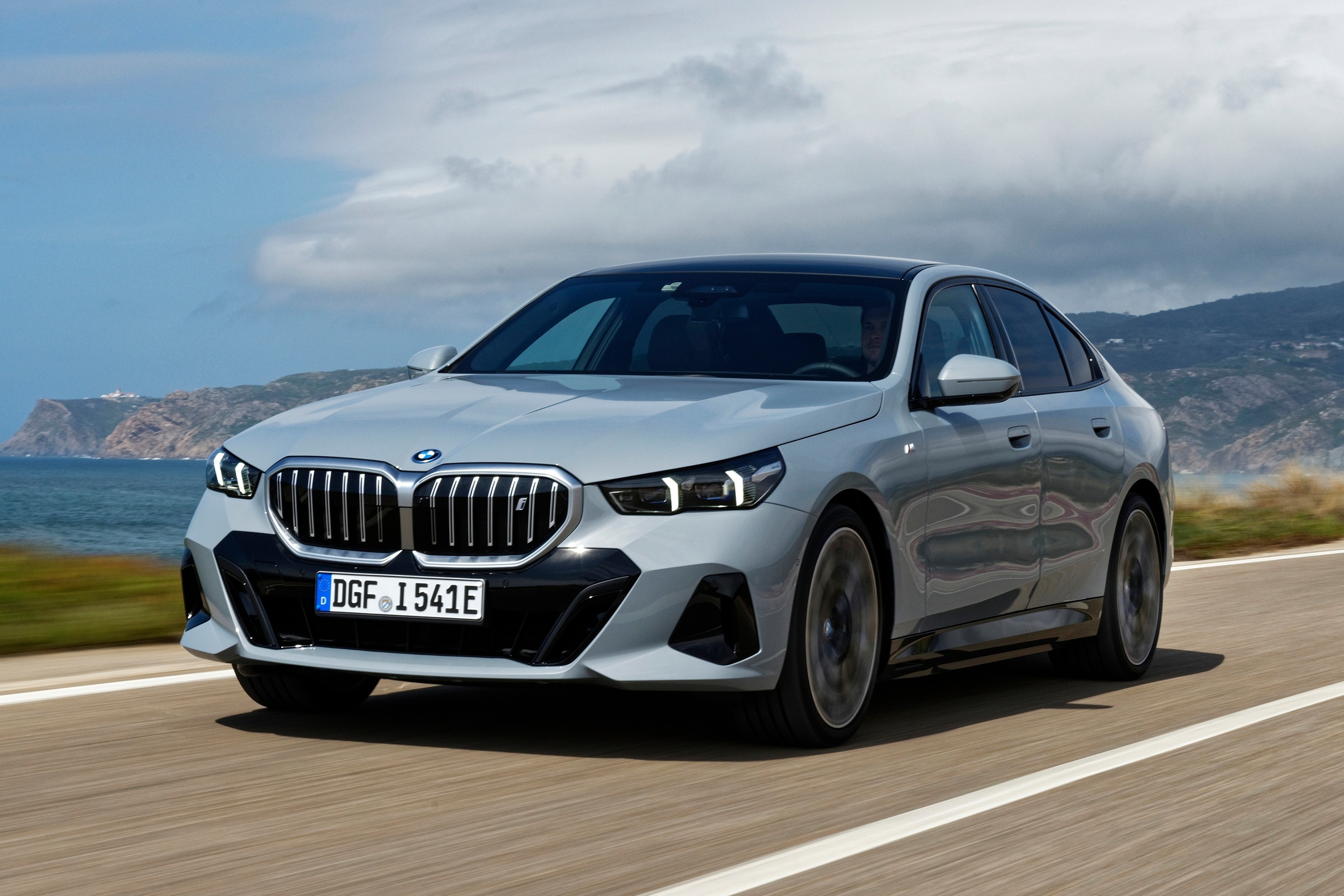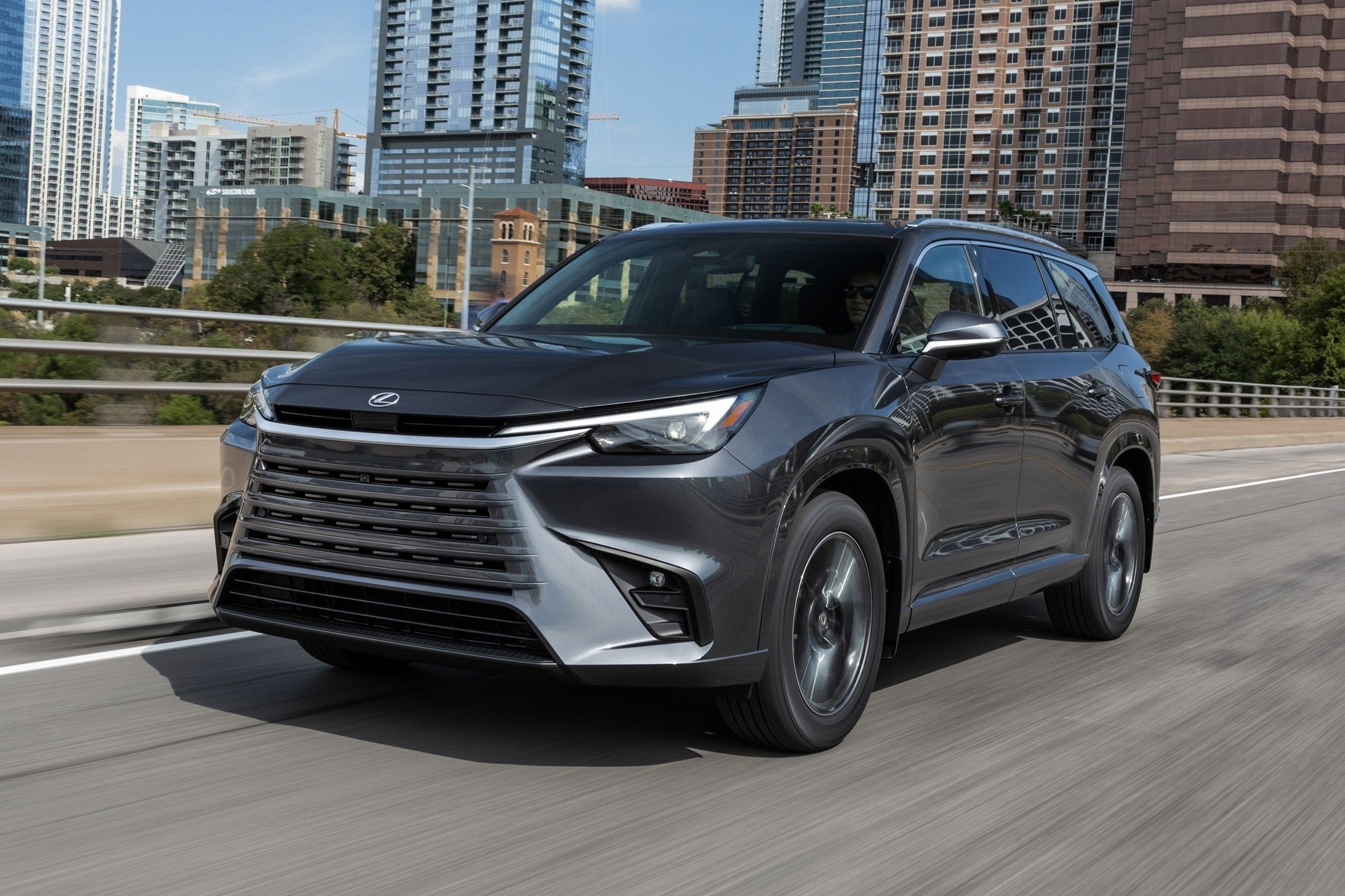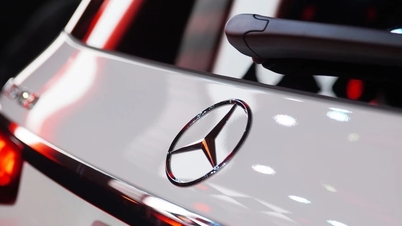In the third quarter of 2025, the US luxury car market witnessed a dramatic change of position when BMW officially surpassed Lexus to regain the leading position. The German car brand sold 96,886 cars, creating a gap of 5,277 cars compared to the number 91,609 cars of its Japanese rival. This was an important turning point after Lexus temporarily dominated in the second quarter.
Different strategies create the overthrow
BMW's success is due to its strategy of launching its 2026 models early, according to Edmunds data. The new models accounted for 51% of BMW's deliveries in the quarter, compared to just 4.8% for Lexus. "Like the Tortoise and the Hare, BMW and Lexus are on different paths to success," said Ivan Drury, Edmunds' director of analysis.

Despite selling more cars, BMW has a slower inventory turnover rate. On average, it takes a BMW 46 days to find an owner, compared to just 22 days for a Lexus. The main reason is believed to be BMW’s higher inventory of electric vehicles.
The power of hybrid cars and the challenge of electric cars
BMW's Q3 2025 sales recorded an impressive 25% year-on-year growth. The main driver was strong demand for plug-in hybrid (PHEV) and crossover models. Specifically, PHEV sales increased by 37%, helping to offset a 16% decline in pure electric vehicles (EV). Models such as the 5 Series, X5, 7 Series, M5 and XM all have PHEV versions, giving customers a wide range of choices.
Shaun Bugbee, executive vice president of BMW of North America, said the slowdown in EV sales was partly due to the company proactively reducing production in May and June in response to tax uncertainty. But with the end of the subsidy programs, BMW’s EV sales jumped more than 30% in September, and inventory fell from 65 days to just 28 days.
Lexus sees steady growth thanks to SUVs
Lexus also had a successful quarter, with sales of 91,609 vehicles, up 13% year-on-year. Its two flagship SUVs, the Lexus GX and TX, were key to the growth. Sales of the GX increased 35% to 28,244 vehicles, while the TX increased 86% to 39,546 vehicles after overcoming issues from last year.

Notably, Lexus said that about 70% of customers who buy the TX are first-time buyers or upgraders from mainstream brands. With this growth momentum, Lexus expects to set a new sales record in the US with about 355,000 vehicles for the entire year.
Mercedes-Benz and the overall market situation
While the two rivals are fiercely competing, Mercedes-Benz recorded a decline, slipping to third place with sales of about 73,500 vehicles, down 13% compared to the same period in 2024. The company explained that the previous year's figure was unusually high due to supply being concentrated in the second half of the year. However, Mercedes-Benz's cumulative sales for the first nine months of the year still increased by 6%, reaching about 223,800 vehicles.

According to Automotive News Research & Data Center, the entire US luxury car market sold 518,353 vehicles in the third quarter of 2025, up 4.5%. Other brands also recorded diverse results: Audi remained stable (46,758 vehicles), Cadillac grew strongly by 25% (46,525 vehicles) thanks to electric vehicles, while Volvo and Porsche saw sales decline.
Intense race in the last quarter of the year
Entering the final quarter of the year, the two-horse race between BMW and Lexus is expected to continue to be fierce. BMW has the advantage of launching new products and better managing its electric vehicle inventory. Meanwhile, Lexus owns an attractive SUV portfolio and the fastest sales rate in the segment. Changes in tax policy and electric vehicle subsidies will be important factors in shaping the final outcome of the battle for the luxury car throne in the US market.
Source: https://baonghean.vn/bmw-doi-lai-ngoi-vuong-xe-sang-tai-my-tu-tay-lexus-10308078.html


![[Photo] The 1st Government Party Congress held a preparatory session.](https://vphoto.vietnam.vn/thumb/1200x675/vietnam/resource/IMAGE/2025/10/12/1760257471531_dsc-4089-jpg.webp)



![[Photo] National Assembly Chairman Tran Thanh Man attends the 725th anniversary of the death of National Hero Tran Hung Dao](https://vphoto.vietnam.vn/thumb/1200x675/vietnam/resource/IMAGE/2025/10/12/1760285740475_ndo_br_bnd-8978-jpg.webp)
![[Photo] Delegation attending the Government Party Congress visited President Ho Chi Minh's Mausoleum](https://vphoto.vietnam.vn/thumb/1200x675/vietnam/resource/IMAGE/2025/10/12/1760240068221_dsc-3526-jpg.webp)





































































































Comment (0)